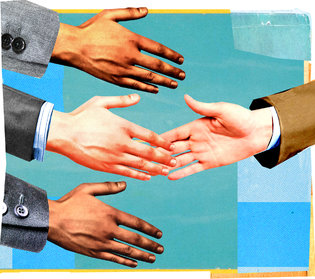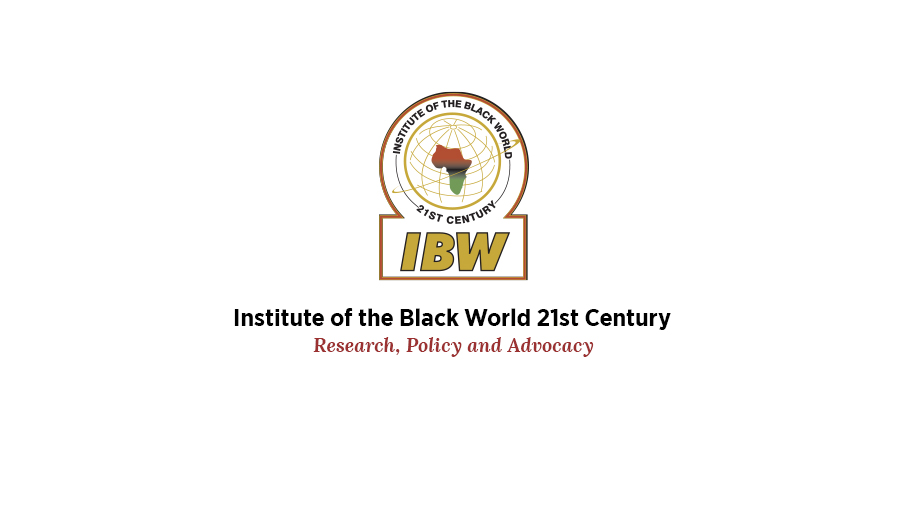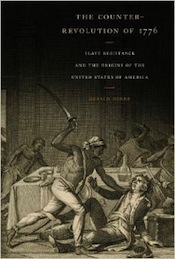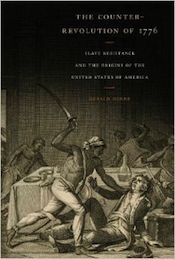
The deaths of African-Americans at the hands of the police in Ferguson, Mo., in Cleveland and on Staten Island have reignited a debate about race. Some argue that these events are isolated and that racism is a thing of the past. Others contend that they are merely the tip of the iceberg, highlighting that skin color still has a huge effect on how people are treated.


















